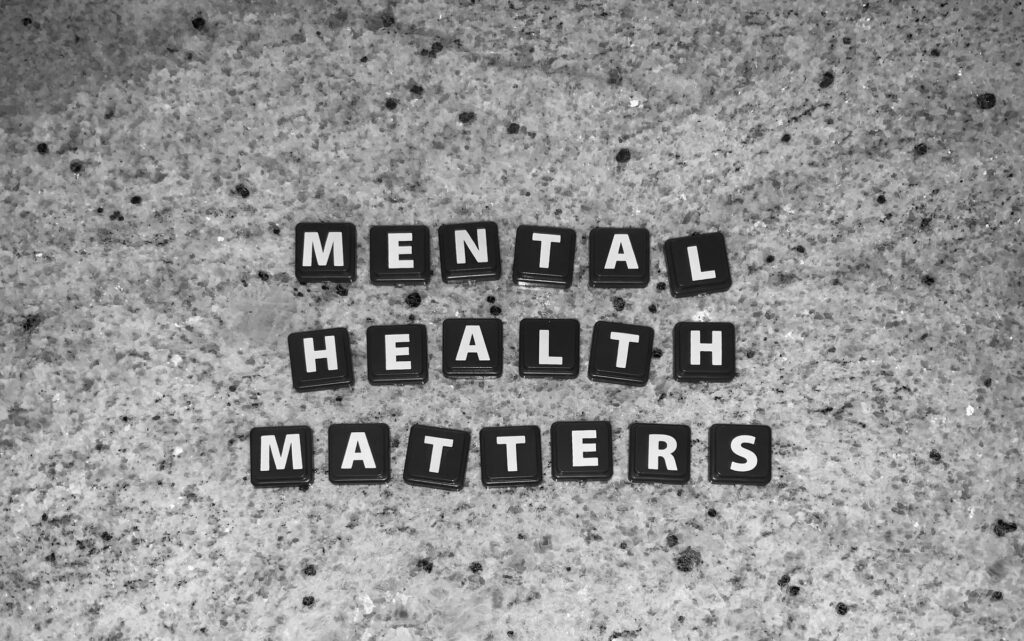Fostering Professional Growth and Reducing Burnout - in the workplace

In today’s fast-paced and demanding professional environments, the value of reflective practice sessions cannot be overstated. These sessions offer individuals across various professions, from health professionals to executives and custodial staff, a powerful tool for personal and professional development. By providing a platform for self-reflection, validation, and normalization of day-to-day work experiences, reflective practice sessions contribute to reducing burnout and enhancing overall job satisfaction. In this article, we will explore the benefits of reflective practice and how it can positively impact professionals in diverse fields.
Reducing Burnout and Promoting Wellbeing:
Normalizing and Validating Experiences:
One of the key benefits of reflective practice sessions is the normalization and validation of day-to-day work experiences. In many professions, individuals often face unique challenges and encounter situations that can be emotionally and mentally taxing. However, these experiences are rarely discussed openly, leading to feelings of isolation and frustration.
Reflective practice sessions create a supportive workplace environment where professionals can share their experiences without judgment. By engaging in open and honest dialogue, participants realize that their challenges and emotions are not isolated incidents but common to their profession. This normalization fosters a sense of community and strengthens the professional identity, leading to improved job satisfaction and a sense of belonging.


Flexibility and Accessibility:
Reflective practice sessions can be structured to accommodate the needs of various professionals. They can be conducted individually or in groups, allowing for personalized reflection or collaborative discussion. These sessions can be integrated into regular meetings or scheduled as standalone sessions, based on the preferences and availability of participants.
This flexibility ensures that professionals from all levels and fields can benefit from reflective practice. Whether it is a healthcare team reflecting on patient care, executives analysing leadership strategies, or custodial staff examining their role in maintaining a safe environment, everyone can engage in reflective practice tailored to their specific needs.
Reflective Sessions in the Workplace - Conclusion
Reflective practice sessions are powerful tools that foster professional growth, reduce burnout, and validate day-to-day work experiences across various professions. By providing a platform for self-reflection, these sessions enable individuals to gain valuable insights, develop coping mechanisms, and enhance their overall job satisfaction. Whether delivered individually or in groups, on a regular basis or as one-off sessions, reflective practice empowers professionals to navigate challenges, build resilience, and thrive in their chosen fields. Embrace the power of reflective practice and unlock your potential for personal and professional success.







